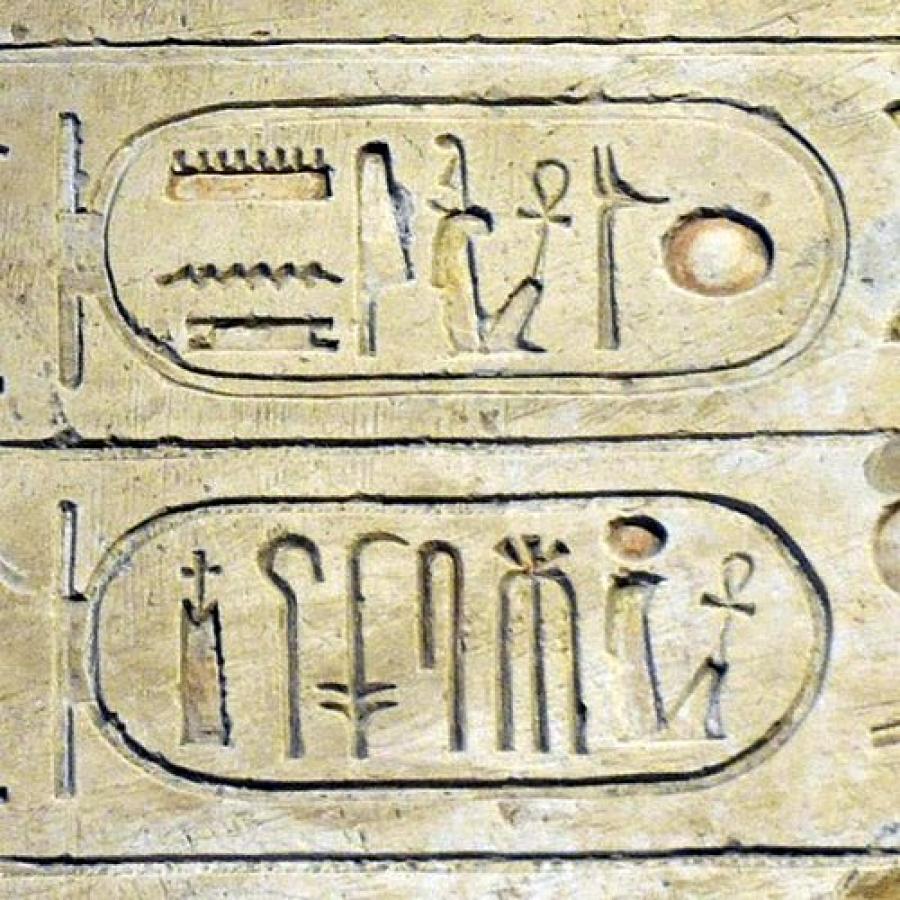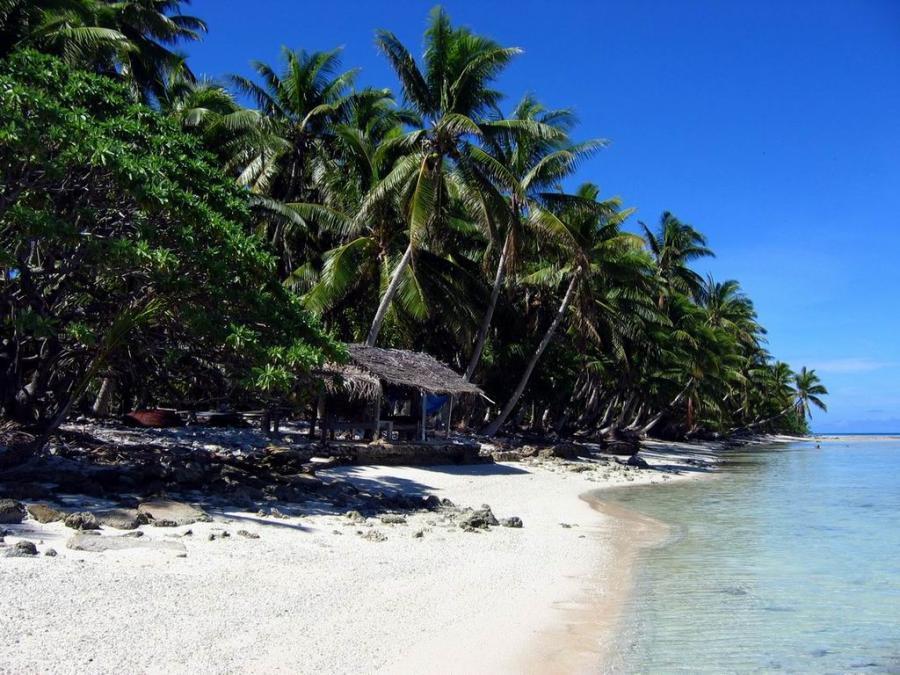Did Ramesses III have a middle name?

A muddle of middle names
I have always been intrigued about my maternal grandmother's middle names that seemed to indicate possible northern European links, but when I found her siblings' first names I was more intrigued - Owena Lila Haddock(!) and Percy Heyman Spurgeon! If that was a misspelling of 'sturgeon', could their father have been a fisherman with a sense of humour?
But 'Spurgeon' as a name is of Scandinavian origin and means 'little twig'. Percy was the youngest in that family. 'Haddock' became a surname from its origins as a personal name Hadduc - 'one who had prosperity and fortune' (www.surnamedb.com) - and not from catching lots of fish.
The usefulness of tracking unusual middle names was revealed when I found others in the wider family had also used 'Haddock' and this lead to a mother's or grandmother's last name being commemorated - so the female line was not lost. After battling through the repeating of male first names generation after generation - too many Henrys, Samuels, Williams and Johns - it is a relief to find some naming that is 'different...unusual, different, yeah, nice', but retains some continuity. Not like Brett and Kim's 'Epponnee-Raelene Kathleen Darlene Charlene' or baby 'Typhphaanniii'.
But predating Kath & Kim's consideration of 'i-v' for a name, another sibling in my family was first- named 'Ibee Estella'. 'Ibee' is very rare. It can occasionally be found as 'Iby' or 'Ibby' but considering the phonetic similarity of 'b' and v' it could be understood as 'Ivy' (see note). It is rare to find any written record of what parent's were thinking when first names were chosen. If they are not obvious continuations in the family, the only hope may be oral history. Hopefully someone remembers asking their mother or grandmother where the name came from. If you have an unusual name in the family, it may be good to do this now and record it. It would capture untapped family history.
As BDM records became formalised it is rarer to find nicknames or any indication of everyday names. Previously it was not uncommon for only such names to have been recorded. In the 1441 tax assessments for Bolton Lincs a group of women were recorded simply as 'Blaak Margaret'. 'Flemish Lysbet' and 'Gode for Eve'. And 'Baldwin Brekemaker'.
Nicknames (from ME eke-name = addition) can also be a source of confusion for the family historian. Often a middle name is preferred by its owner and given prominence. Harry and Henry, or in my case, Bill and William are used optionally. In our family a sibling was always called 'Old Nick' by everyone - nothing to do with his name Hubert, but a reference to him being called a 'little devil' as a child - and it stuck. Then in the following generation a boy who preferred to be called 'Nick' was always called 'Nicholas' by his grandmother, who wanted to avoid the earlier devilish tag given to her brother.
I am almost sorry we didn't pursue the name 'Billabong Barlow' for our first child, for its Aussie flavour!
***
And did Ramesses III (1217-1155 BCE) have a middle name?
Ramesses' two main names were Usermaatre-Meryamun Rameses-Heqaiunu, meaning "The Ma'at of Ra is strong, Beloved of Amun, Born of Ra, Ruler of Heliopolis" [Wikipedia]. Judging by his cartouche he may have been a cricketer who once infamously overstepped the crease when bowling!
Notes:
- Do I need a reference to Kath & Kim (Jane Turner and Gina Riley), ABC TV sitcom 2002-2005.?
- Ibee may also be Ibbe - short for Isabel.


